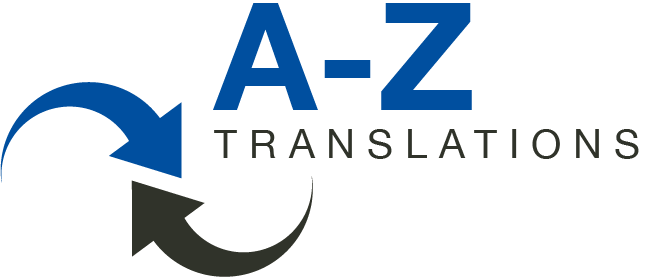While reading a very informative article about machine translation and whether and how to use it by Alan K. Melby (you can read it here), I was excited to read his very accurate description of the problem that often exists between translation customer and translator when it comes to terminology. He writes:
There is a widespread and dangerous myth that translation is a black box with one input and one output. A source text goes in and the one correct target text comes out. The one and only specification needed is the target language. A good black box produces good translations and a bad box bad ones. The ill effects of believing in this myth are felt by both the requester of translation […] and the outside supplier (an individual translator or a translation company). The requester who is shackled by this myth approaches a supplier and asks for a bid on the translation of a document. If the supplier asks for specifications and a terminology file, the requester assumes that the supplier is incompetent (do you know how to translate or not?) and looks elsewhere. If, on the other hand, the supplier does not ask for specifications and terminology, the resulting translation is likely to be inappropriate. The fact of the matter is that there is no universal standard of how specialized terms should be translated. As some have put it, there is no “great [final, static] global glossary,” nor can there be.
Terminology is always changing. New terms are continuously being coined in huge quantities. And each organization has its own terms and custom equivalents for widely-used terms. Translation is not a black box. The specifications and terminology must be visible alongside the source text. If they are not provided initially by the requester, then there should be an extra charge by the translator or translation company for helping the requester develop them.
This is so true, I think! Asking questions and requesting terminology and clarification on terms and their usage should never be considered a sign of incompetence, quite the contrary!
I actually have a customer who came to me precisely because the previous translator never asked any questions and the resulting translation was to a large extent garbage.
The first time we spoke on the phone, the person in charge specifically asked me to ask as many questions as I deemed necessary to make sure the translation was accurate, and not just a rough estimation or guesswork or even (arbitrary) creation on the part of the translator.
And that’s exactly what I have been doing. I have even spoken with the engineers and project managers in order to understand exactly what they are doing, so I could translate it correctly. And not once did anyone say or even imply that my questions reflected any kind of ignorance or incompetence on my part. Rather, they were very happy to explain everything in as much detail as I required, because they understood that a dictionary just isn’t sufficient for a good and accurate translation (the fact that many terms aren’t even in any dictionary or found anywhere else aside).
And that is as it should be. This is cooperation at its best, resulting in excellent translations. And good terminology is based on the same principle, benefiting both the customer and the translator.
So, please, ask away, dear colleagues, and, please, answer freely, dear customers!

